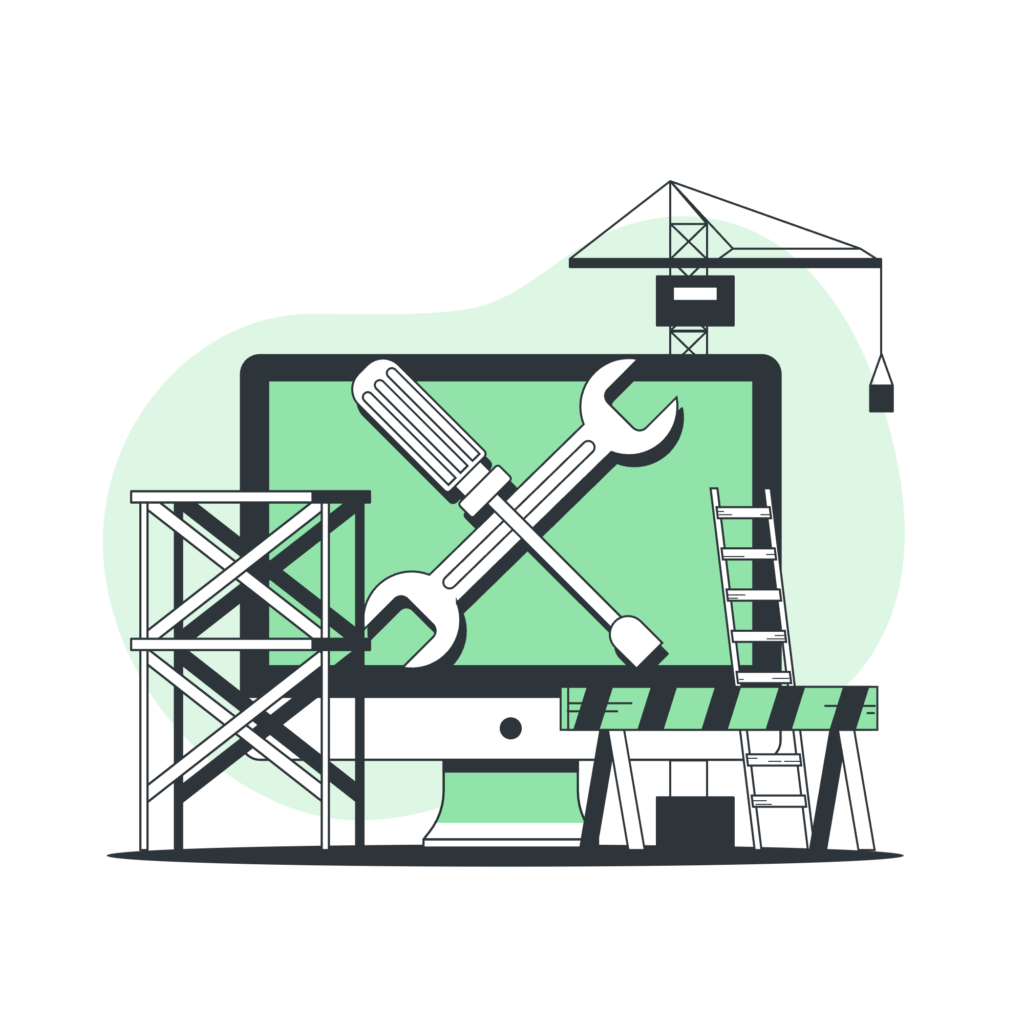U
Owner´s Engineering
Owner’s Engineering Services for the Power Generation Sector
At MUPOWEN, we provide comprehensive Owner’s Engineering services tailored specifically for the power generation sector. Our experienced team acts as a trusted partner, representing the owner’s interests throughout the entire project lifecycle—from initial concept development to final commissioning.
Our Services Include:
Project Planning and Feasibility Studies: We conduct thorough assessments to evaluate the technical and economic viability of power generation projects, helping owners make informed decisions.
Design Review and Quality Assurance: Our experts ensure that all designs meet industry standards and project specifications, conducting detailed reviews to identify potential issues early in the process.
Technical Specifications Development: We assist in the preparation of precise technical specifications for equipment and systems, ensuring compliance with regulatory requirements and operational needs.
Procurement Support: We provide guidance throughout the procurement process, helping to select qualified vendors and ensuring that contracts align with project goals and timelines.
Erection and Maintenance Oversight: Our team monitors construction activities to ensure adherence to design specifications, quality standards, and safety regulations, minimizing risks and maximizing efficiency.
Commissioning and Startup Support: We facilitate the successful commissioning of power generation facilities, providing oversight and technical expertise to ensure all systems operate as intended.
Performance Monitoring and Optimization: After commissioning, we continue to support owners by monitoring plant performance and identifying opportunities for efficiency improvements and cost savings.
With our Owner’s Engineering services, you can confidently navigate the complexities of power generation projects, ensuring they are completed on time, within budget, and to the highest quality standards. Partner with MUPOWEN to achieve your energy goals effectively and sustainably.

Maintenance Quality Assurance
The scope of Third Party Quality Control (QC) for heavy-duty and industrial plant outages involves a comprehensive evaluation and verification process to ensure that all maintenance, repair, and overhaul activities are conducted to the highest standards of quality and safety. This scope typically includes the following key components:
Pre-Outage Planning and Documentation Review:
Evaluate maintenance plans, procedures, and schedules to ensure they meet industry standards and manufacturer specifications.
Review technical documentation, including inspection checklists, work instructions, and safety protocols.
Quality Assurance Procedures:
Develop and implement a QC plan tailored to the outage scope, outlining inspection criteria, acceptance standards, and reporting requirements. Establish clear guidelines for quality control processes and responsibilities.
Incoming Material and Equipment Inspection:
Inspect all materials, parts, and equipment received for the outage to ensure compliance with specifications and quality standards.
Verify certifications and test reports for critical components.
On-Site Inspections and Monitoring:
Conduct regular inspections during the outage to monitor work progress, Witness and Hold Points, ensuring compliance with quality standards (Field Quality Plan) and specifications. Observe and assess the execution of critical maintenance tasks, such as disassembly, inspection, repair, and reassembly of turbine components.
Non-Destructive Testing (NDT):
Facilitate NDT methods (e.g., visual inspection (VT), ultrasonic testing (UT), magnetic particle testing (MT)) to evaluate the integrity of components and detect any defects.
Final Inspection and Verification:
Conduct a comprehensive final inspection to ensure all work is completed to specification and that any identified issues have been resolved. Validate that the turbine and related systems are ready for safe operation through documentation and verification.
Documentation and Reporting:
Maintain detailed records of inspections, tests, and assessments conducted throughout the outage. Providing a final report summarizing findings, corrective actions taken, and recommendations for future maintenance practices.
Post-Outage Review:
Participate in a post-outage review to evaluate the quality control process, identify lessons learned, and recommend improvements for future outages

Plant Construction and Commissioning Phase
Pre-Construction Activities:
Review of Construction Plans: Ensure that all construction drawings, plans, and specifications are aligned with the project’s goals and comply with industry standards, regulations, and safety protocols
.
Contractor Selection Support: Provide technical input in evaluating contractors, reviewing bids, and ensuring that selected contractors have the capacity and experience to meet project requirements.
Project Schedule and Budget Review: Validate construction timelines and budget estimates to ensure they are realistic and achievable, minimizing risks of delays or cost overruns.
On-Site Supervision:
Quality Control: Monitor construction activities to ensure compliance with design specifications, safety standards, and quality control protocols. This includes inspecting materials, equipment, and workmanship to verify that they meet required standards
.
Progress Monitoring: Track the construction progress against the project schedule, ensuring that work is completed on time and identifying potential bottlenecks or delays.
Safety Compliance: Ensure adherence to safety regulations and practices to protect workers and prevent accidents on-site.
Change Order Management: Evaluate and provide recommendations on any proposed changes to the project scope, ensuring that changes are necessary, properly documented, and within budget.
Technical Guidance and Issue Resolution:
Problem-Solving: Provide technical support to resolve construction issues, design discrepancies, or unforeseen site conditions. This may include engineering consultations, recommending corrective actions, and ensuring that solutions are properly implemented.
Risk Mitigation: Identify and mitigate risks associated with construction delays, material shortages, equipment issues, or contractor performance.
Documentation and Reporting:
Daily and Weekly Reporting: Provide regular updates on construction progress, quality assessments, and any deviations from the project plan. Maintain thorough records of inspections, meetings, and any issues encountered.
